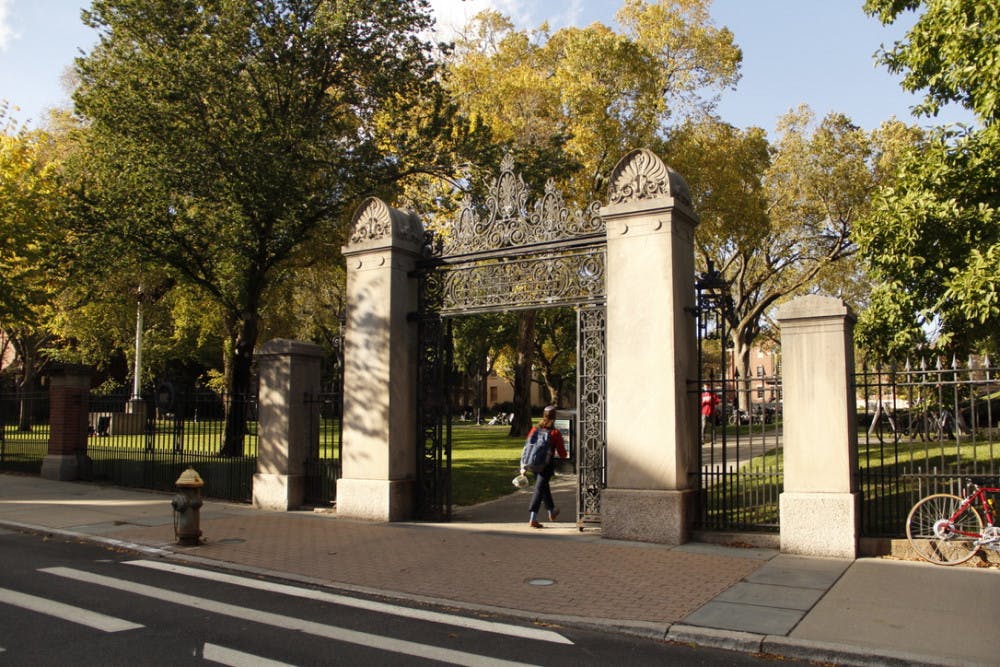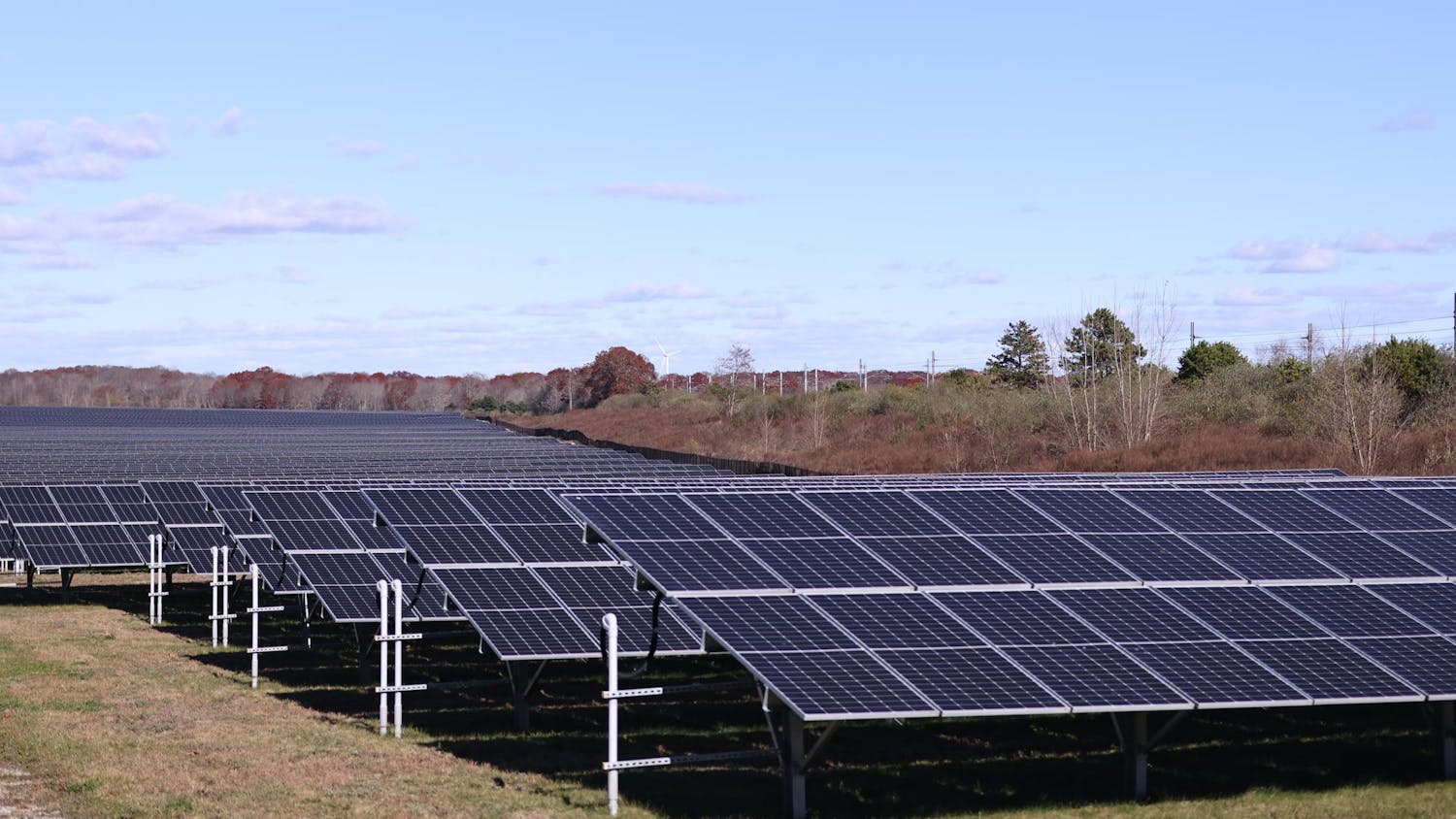While current presidential election results project a potential win for former Vice President Joe Biden, the lingering possibility of President Trump’s reelection leaves the future of higher education in the United States at the precipice of two very different administrations.
Trump and Biden’s differing plans for educational policies will uniquely impact the allocation of federal funding to institutions of higher education, attitudes toward systemic racism in colleges and universities and collaborations between American research institutions and international communities.
Federal involvement in higher education
Over the past four years, the Trump administration has decreased federal involvement in higher education and educational policy, according to Kenneth Wong, professor of education policy, political science and international and public affairs. This decrease has included weakening federal oversight of for-profit education providers and decreasing federal funding toward diversity training programs.
In contrast, according to Jonathan Collins, assistant professor of education, “the Biden administration has been more committed to an expansive higher education investment program.”
If Biden wins the election, Collins said he expects the Biden administration to make initiatives toward reversing the Trump administration’s higher education policy. This would include increasing federal investment in two-year educational institutions, which would in turn expand educational access and give students nationwide “options across the different ‘tiers of schools,’” Collins said.
Regardless of the outcome of the presidential election, the COVID-19 pandemic has left local communities and the nation alike in a period of economic depression that the next presidential administration will have to address.
This depression will adversely affect students graduating from universities and institutions of higher education. “There won’t be time to wait one year, two years for employment to open up,” Collins said. “Students are going to have to start making money, and government support will play a big role in that.”
Graduate student labor
In 2019, the Trump administration proposed a policy that would exclude graduate students from being classified as employees of their respective universities, thereby limiting their access to employment benefits.
Rithika Ramamurthy GS, chair of bargaining for the Graduate Labor Organization, said she expects that these threats to the rights and employment benefits of graduate student workers “are not necessarily under the same kind of risk” from the Biden administration.
Still, while a Biden administration would mean the GLO “might not have to swim upstream against national policy in the same way,” threats to graduate student workers on the University level will persist regardless of the outcome of the election, necessitating further advocacy, she said.
Diversity and international collaboration
While the Obama administration regarded racial inequity and issues of racial discrimination in higher education as systemic, the Trump administration has denied the existence of structural racism in higher education, Wong said.
“If the president stops using federal funding to support diversity training,” universities including Brown “will have to comply with federal guidelines, so we will not be able to use federal funding in areas that may address some of these issues,” Wong said.
While funding educational services generally receives bipartisan support, how that funding is ultimately allocated is more political and controversial. As such, the Trump administration has “tried to shape” the use of education funding, “identify(ing) areas that they don’t want to fund, such as diversity training,” as well as some they would encourage, such as a “more patriotic curriculum in history and cultural studies,” Wong said.
The Trump administration has also limited international involvement in United States research and universities by limiting visas granted to overseas scholars and international students, as well as limiting visa eligibility. This summer, Immigration and Customs Enforcement released since-reversed guidelines prohibiting international students from studying in the United States if their course load was entirely online.
These policies have “cut into (the University’s) academic freedom” by limiting international collaboration, Wong said.
A Biden administration would more directly confront racism in higher education on a systemic level and facilitate international involvement in American higher education, Wong expects. In addition to increasing access to two-year educational institutions, Wong speculated that a Biden administration would also expand federal funding for Pell Grants for low-income students and federal support for research.
Global collaboration in academics is mutually beneficial for academic institutions and the international community, Wong said.
“We need to have a full and complete open exchange,” he said. “This kind of exchange will benefit our mission and, likewise, we will be able to expand our influence and conversations beyond the U.S. boundary.”

Jack Walker served as senior editor of multimedia, social media and post- magazine for The Herald’s 132nd Editorial Board. Jack is an archaeology and literary arts concentrator from Thurmont, Maryland who previously covered the Grad School and staff and student labor beats.





